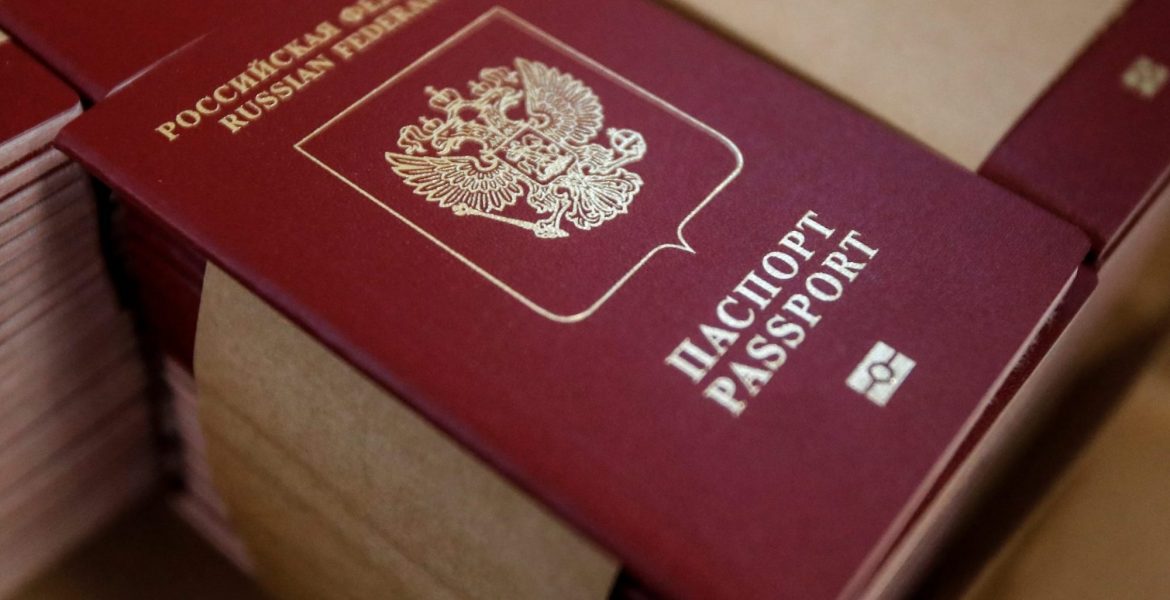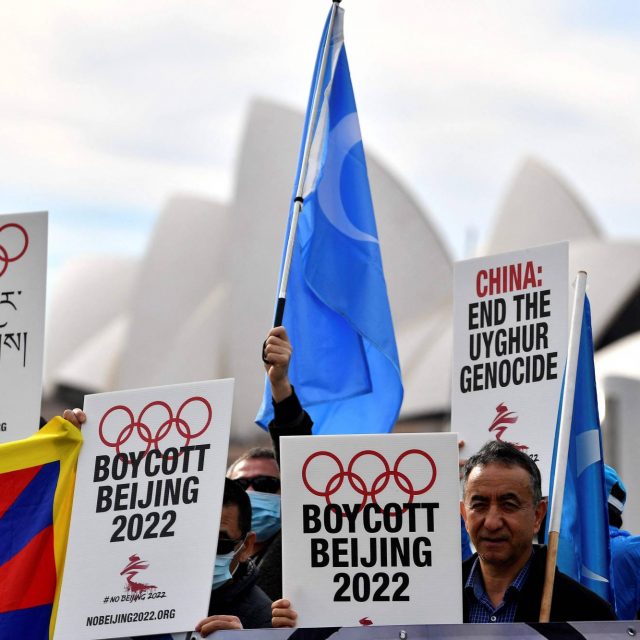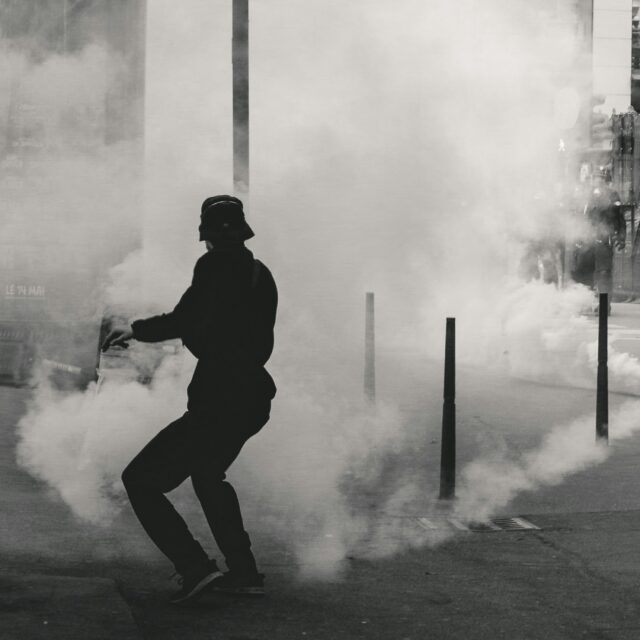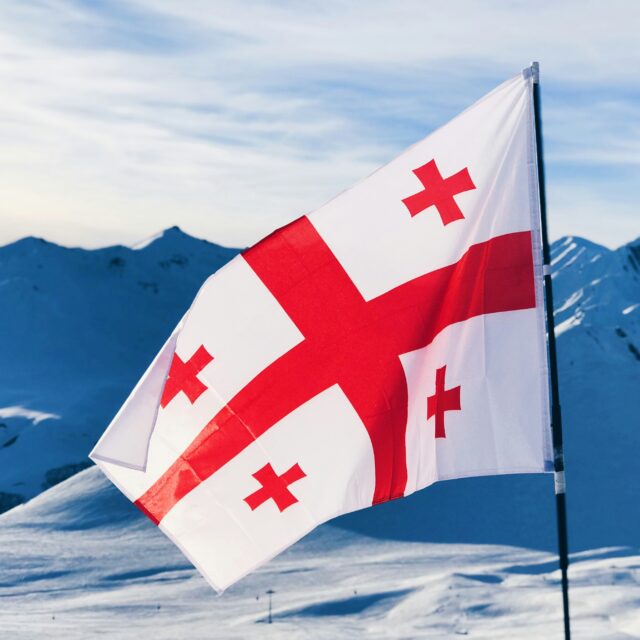Europe must take harsh measures for Russia’s pseudo-referenda in Ukraine’s occupied territories
In the Russian-occupied territories of Ukraine, human rights are systematically violated, extrajudicial executions, murders of civilians, torture and rape are carried out, filtration camps are created, payments assigned by the Ukrainian state (salaries, pensions, allowances, social payments) are stopped, the evacuation of civilians from the combat zone is prevented and many other deliberate actions taken to disrupt society. Ukrainian passports are being confiscated and Ukrainian citizens forced to accept Russian passports.
It is a fact that direct pressures being put on people to obtain Russian “passports”. The population of the Russian-occupied territories in the Kherson, Zaporizhzhia, Donetsk, and Luhansk regions is intimidated and they report: people are afraid that repressive measures will be applied to those who do not think of obtaining a Russian “passport”.
Russia kidnaps and persecutes representatives of the legitimate authorities. In their place, compliant collaborators, “organs of the new government,” including officials from Moscow and Russian regions, are being formed. As Ukraine builds up its capacity to liberate the occupied territories, Russian occupation administrations are rushing to legitimise their existence.
With the distribution of Russian passports, the Kremlin pursues several goals. First, to try to legalise the occupation of Ukrainian territories by promoting the narrative that Russian citizens allegedly reside in the regions and therefore such actions by the Russian Federation are “legitimate”. Second, issuing passports provides Russians with data that is then used to prepare pseudo-referenda.
Thanks to the mass resistance of Ukrainians in the temporarily occupied territories, the Russian occupying forces failed to hold pseudo-referendums in the spring of 2022, as happened in 2014 in Crimea.
But there are signs that Russia may accelerate preparations for pseudo-referenda in Ukraine’s occupied territories. The so-called “head of the military-civil administration” Yevhen Balitsky on 8th August issued the order to hold a fictitious “referendum” on the reunification of the Zaporizhzhia region with Russia. The option of online voting is being considered. One of the options that the occupants are considering in Melitopol is to hold a seven-day “home vote”.
With pseudo-referenda in Ukraine, Russia is testing and scaling up an extremely dangerous technology for the formation of “gray zones” of instability in Europe.
There are potential zones of instability in a number of European countries, where interests of different ethnic and religious groups overlap (for example, Narva with 90% of Russian population), which Russia can activate at any moment and turn into a source of instability both for a particular country and for the European region as a whole. Such zones of instability already exist in Georgia (Abkhazia, South Ossetia), Moldova (Transnistria), and Azerbaijan (Karabakh). In addition, they may also appear in Kazakhstan, the Balkan countries (Serbia, Kosovo, Bosnia and Herzegovina), and the Baltic states.
If in the past Europe did not face the deliberate formation of “destabilisation enclaves,” the situation has now changed. Russia can transfer the technology for the appropriation of territories not only to the zone of the post-Soviet space, which by default is perceived as a zone of influence of Russia, but also to any country of the Western world.
Most European politicians do not notice or do not want to notice that this technology can be implemented on the territory of their countries, naively believing that Russia is only interested in the territory of the former Russian Empire or the Soviet Union.
The purpose of the Russian Federation is to create as soon as possible an environment for a pseudo-referendum or other forms of “expression of the people’s will” in order to legally formalise the transfer of the territory to the Russian Federation.
Western countries at the level of parliaments and governments need to develop procedures aimed at preventing the actions of the Russian Federation to illegally hold “pseudo-referenda” and forced Russian passportsation. In particular international documents need to be initiated to establish Ukraine’s exclusive right to temporarily seized Russian territories, exclude international recognition of annexation, economic (sanctions) and legal influence (breaking of treaties and agreements), thereby preventing Russia from annexing Ukrainian territories. In addition, protection and support programmes for persons leaving the occupied territories need to be adopted and implemented.




